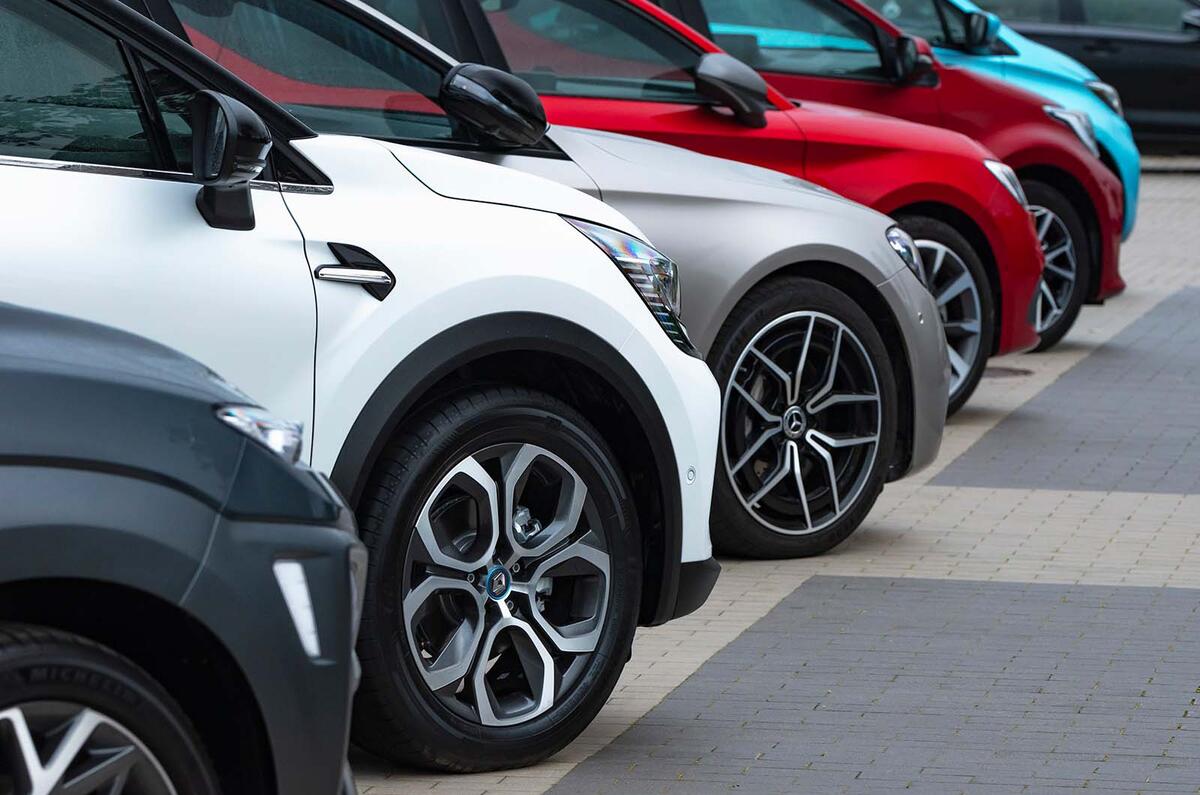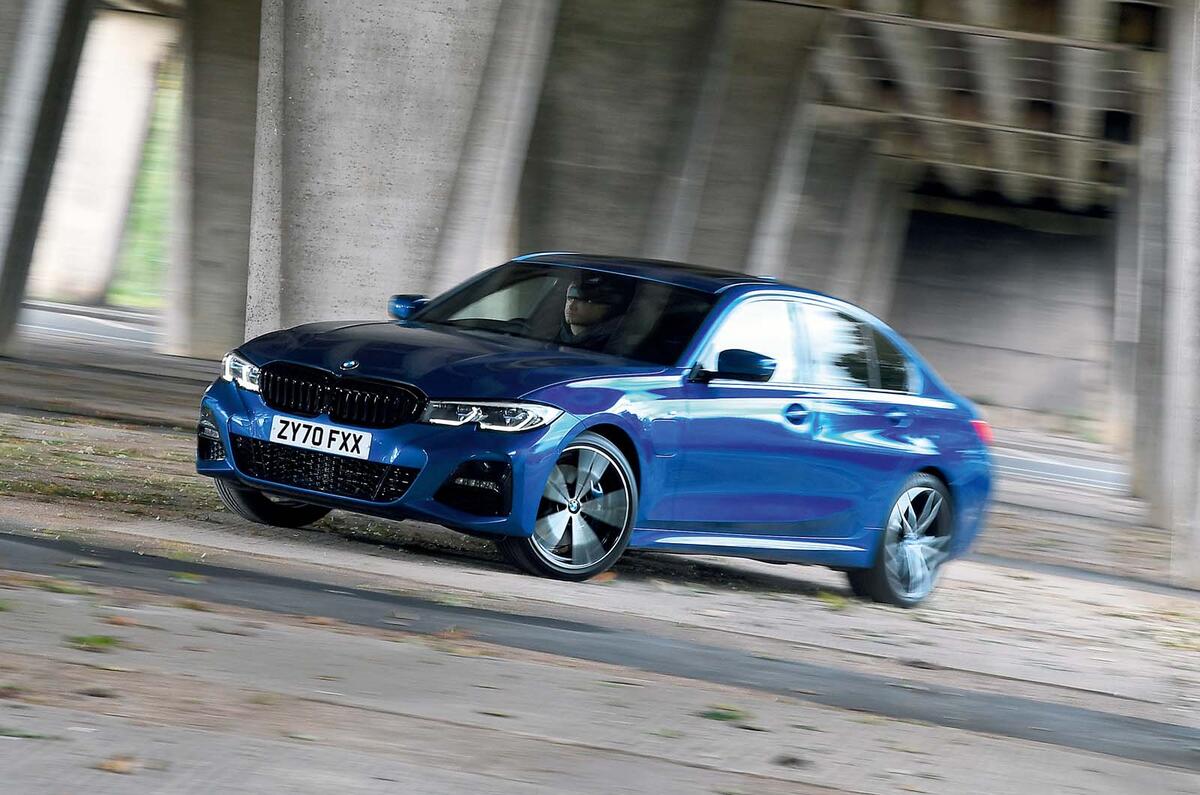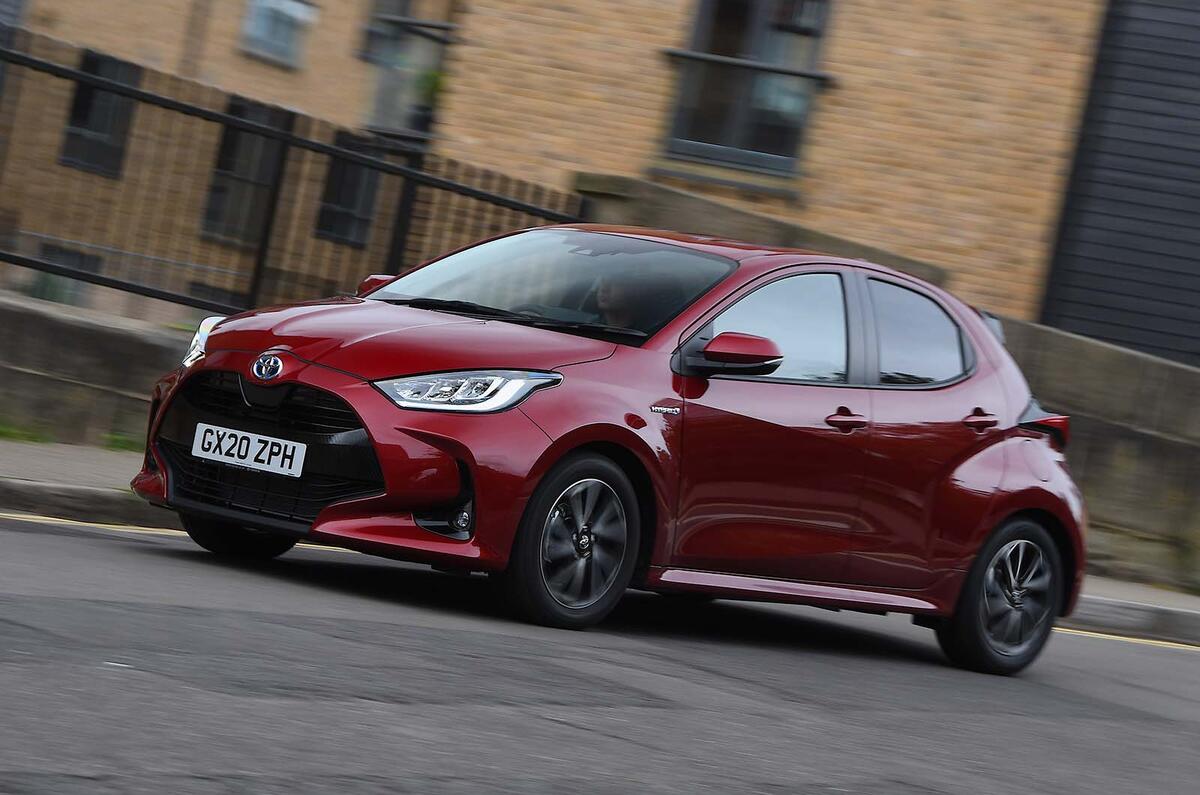Despite registrations rising in October, people shopping for a new car are being advised to go with an open mind if they want something now or to be patient and plan ahead if they want the car of their choice.
New car registrations rose 26.4% year on year to 134,344 units in October, an increase, said the SMMT, that was in part explained by dealers' fulfilment of strong order books. If correct, it suggests the industry may have turned the corner regarding improved new car supply, except that dealers Autocar has spoken to continue to grapple with low stocks and long delivery times.
Posing as a new car buyer, the magazine contacted five dealers, entirely at random, retailing a selection of popular models. We wanted to find out what delivery times they were quoting and which cars, if any, might be available from stock. While revealing some general delivery trends, readers considering buying a new car should be aware that depending on their order allocation and current stock situation, delivery times vary between dealers, so are advised to make their own enquiries.
The Kia dealer we contacted said the earliest we could expect a Kia Sportage GT-Line 1.6T GDi HEV auto was next April. Alternatively, we were told, we could have a 23 model-year (MY) version with a manual gearbox in 10 weeks or a soon-to-be discontinued 22MY example, again with a manual gearbox, in two weeks.
Polestar, which is an online-only retailer, presented a more encouraging picture with a reasonable choice of pre-configured models available as early as mid-December. However, according to its website, cars configured today aren't expected to arrive until April.
A BMW dealer we spoke to said that our preferred car, a 320i M Sport, would take four to five months to arrive. The salesman said he would try to source something sooner but that it would be a dealer swap and they would need to have something desirable to trade, which would be difficult. For this reason, he suggested we purchase his 320i M Sport xDrive available for immediate delivery from stock. He said the situation was worse for the BMW 1 Series with the earliest delivery being May but if we would consider a BMW 5 Series, we'd have a choice of at least a couple of diesels for immediate delivery.
At Toyota we were told our chosen Toyota Yaris 1.5 Hybrid Design auto would take 31 weeks to arrive. Alternatively, if we were happy to consider a lower specification Icon finished in grey or blue, the dealer had two examples for immediate delivery.
The Volkswagen dealer we contacted said that most of its 2022 Volkswagen Golf allocation, which included our target car, a 1.4 Style 1.4 TSI eHybrid DSG, was sold. Ordered now, the car would arrive in May. Alternatively, it claimed to have a few 1.5 TSI Life versions with manual gearboxes available from stock, although due to the current chip shortage, their mirrors deviated from the official specification in not being power folding.
Jonathan Lawless, sales director of Carfile, a vehicle broker, said that throughout the industry, the situation for new car deliveries is mixed. "One day, customers are told they'll be waiting six months and the next, that the car they want has suddenly become available. To get the precise model they want, buyers should plan ahead and be patient because it's when they have to act fast that they have to take what's offered. They should also consider other brands, which may be better supplied."









Join the debate
Add your comment
Just keep your existing car until you really, really have to change it.
Practically no one needs a new car every 3 years. Cars have plateaued and in alot of peoples views are going backwards, Golf mk7 better Mk8, max engine size in some cars 1.4, Fiesta looks no diffient from 9 years ago and has had the same 1 litre 3 pot forever, touch screens ahead of buttons, etc etc etc.
On the plus side dealers no longer have to give discounts and used car values get a boost. Most of us don't actually need a new car every three years.
They did with me. As in 2015, it was as if a cartel were operating with dealers within a 50 mile radiius. Max dealer contribution was £500 around these parts. So I turned to a broker, having to travel 400 miles but found a dealer who's knocking off £2500.
Dealers are selling year old examples for higher than brand new price right now - they're taking the micky. Anyone who pays that will be in for a nasty trade-in shock when normality returns to the market.